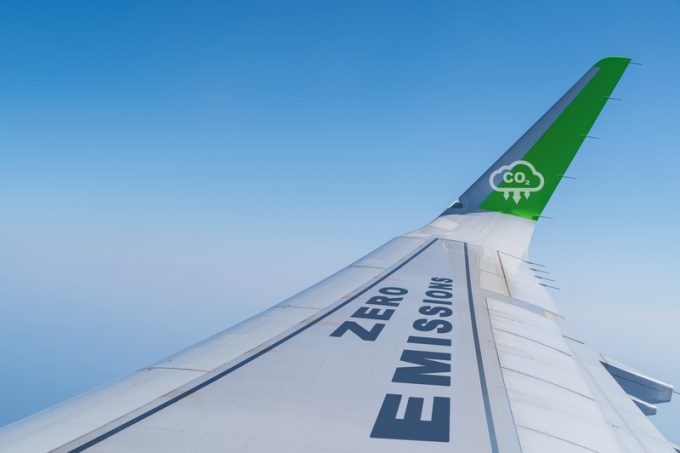DVZ radar: DHL Express awaits the next e-commerce star
It is all about networking

Shippers will welcome DHL Express’s decision to sign one of the longest and largest SAF agreements in history, to buy 668 million litres.
It is the equivalent of operating DHL’s Americas aviation network carbon-neutrally for a year.
The seven-year contract with SAF producer World Energy will help DHL cut 1.7m tonnes of carbon dioxide emissions, the equivalent of 77,000 annual aircraft movements, claimed the express company.
“DHL Express is firmly dedicated to pioneering a sustainable future in aviation logistics,” said CEO John Pearson. “By partnering with World Energy and confirming this milestone agreement, we are taking another concrete leap towards minimising our carbon footprint and contributing to a more sustainable future.
“We want to inspire more suppliers to accelerate industry-wide production and adoption of SAF.”
DHL will use SAF certificates, or the ‘book-and-claim’ approach, which means the emissions reductions associated with each credit are accurately transferred and verified by a third party. DHL can then extend that to customers via its GoGreen Plus service.
The certificates also mean fuel does not need to be shipped around the world from World Energy’s production facility in Paramount California.
Shippers are increasingly calling for more sustainable aviation.
“In essence, aviation is not good for the environment, but you also have to consider that you cannot stop flying,” Lars Droog, director global logistics strategy and corporate sustainability at Cytek Biosciences, told The Loadstar at the ACHL event in Athens last month.
“The only thing the aviation industry can do is make sure it will become more sustainable,” he explained.
“Focus on sustainability and the use of air freight to transport products must go hand in hand. With our new logistics setup globally, this is really taken into consideration.
“I think we all know that a safer and cleaner world is much better for our children and grandchildren. The EU aims to be climate-neutral by 2050, and that’s something we must keep in mind.”
However, despite many initiatives on the ground and in the air, there is not sufficient production of SAF. The forecast demand for the US alone is 35 billion gallons, or 132bn litres, by 2050. About 300m litres was produced in 2022.
Some 5,000-7,000 refineries will be required globally by 2050 – requiring $1.08bn to $1.45bn in investment.
Comment on this article